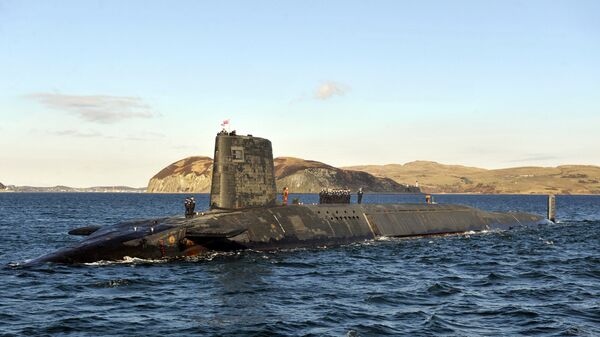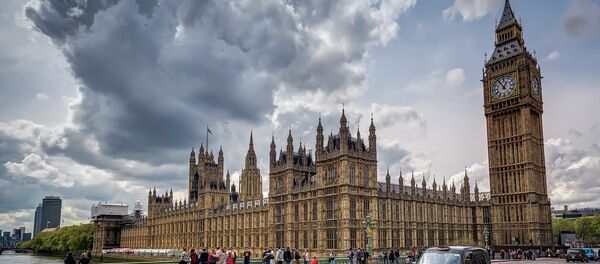The 205 billion-pound initiative is seen as a requirement for the United Kingdom to remain a world power, particularly in the wake of the Brexit referendum in which Britain voted to leave the European Union.
The modernization essentially means that the UK will be able to keep atomic weapons at sea continuously.
"We cannot outsource the grave responsibility we have for keeping our people safe, and we cannot abandon our ultimate safeguard out of misplaced idealism," newly appointed-Prime Minister Theresa May said ahead of the vote. "That would be a reckless gamble."
The proposal saw stiff opposition from the Scottish National party, as well as Labour leader Jeremy Corbyn.
"What is the threat we are facing that a million people's deaths would actually deter," Corbyn told MPs, arguing for nuclear disarmament. "I make it clear today, i would not take a decision that kills millions of innocent people. I do not believe the threat of mass murder is a legitimate way to deal with international relations."
While parliament technically agreed to renew the program in 2007, Monday's vote makes it official.



